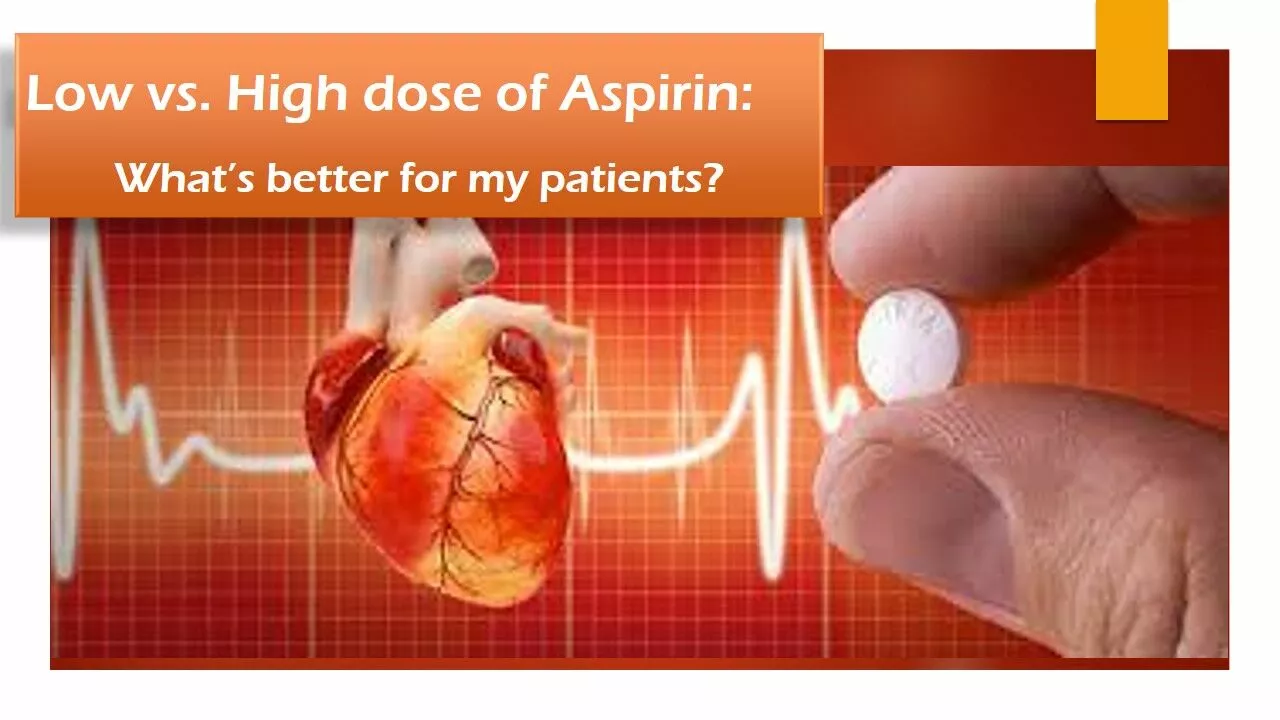A stroke can come out of nowhere, but many strokes are preventable. You don’t need a medical degree to cut your risk — small, steady changes and a few medical checks go a long way. Below are clear, practical steps you can take now and topics to bring up with your doctor.
Measure your blood pressure. High blood pressure is the top controllable cause of stroke. If you don’t have a home cuff, get one or ask your pharmacy to check it. Many doctors aim for a number under 130/80 for people at high risk — ask what target fits you.
Move more. Aim for about 150 minutes a week of moderate activity (brisk walking, cycling, yard work). Break it into 20–30 minute chunks if that’s easier. Exercise lowers blood pressure, improves cholesterol, and helps weight control.
Fix your diet in small steps. Cut added salt, choose whole grains, vegetables, beans, lean proteins, and healthy fats like olive oil. The Mediterranean or DASH-style eating pattern reduces blood pressure and improves heart health.
Quit smoking. Smoking doubles your stroke risk. If you vape or use nicotine gum, talk to your doctor about a plan to stop for good — nicotine replacement or prescription aids can help.
Limit alcohol. Keep it to one drink a day for women and up to two for men. Excess alcohol raises blood pressure and increases stroke risk.
Know your numbers: blood pressure, cholesterol, and if you have diabetes, your A1c. If cholesterol is high, statin medicines reduce stroke risk for many people. If you have atrial fibrillation (irregular heartbeat), anticoagulant drugs (warfarin or direct oral anticoagulants) can cut your stroke risk dramatically — this is one of the clearest medical prevention steps.
Don’t start aspirin unless a doctor recommends it. Aspirin can help after certain events, but it isn’t right for everyone and can cause bleeding.
If you’ve had a transient ischemic attack (TIA) — a warning stroke — or your doctor finds major narrowing of your carotid artery, surgery or stenting can prevent a major stroke. Ask for a clear plan and timeline if this applies to you.
Check for sleep apnea. Loud snoring and daytime sleepiness are red flags. Untreated sleep apnea raises blood pressure and stroke risk; a sleep study and treatment with CPAP often help.
Know stroke signs and act fast. Use FAST: Face drooping, Arm weakness, Speech difficulty — Time to call emergency services. Faster treatment often means better recovery.
Small steps add up. Control the numbers, move more, eat better, stop smoking, and talk openly with your doctor about medicines and tests. If you want, browse our articles on related meds and conditions for more detailed guides and tips tailored to specific risk factors.

As a blogger, I've come across some fascinating information on the role of aspirin in preventing stroke and heart attack. It turns out that aspirin, a common over-the-counter medication, can help prevent blood clots, which are often the cause of these health issues. Studies have shown that taking a low-dose aspirin daily may reduce the risk of heart attack and stroke in certain individuals. However, it's crucial to consult with a healthcare professional before starting a daily aspirin regimen, as it may not be suitable for everyone. In summary, while aspirin may offer significant benefits for some, it's essential to speak with a doctor to determine if it's the right choice for you.
READ